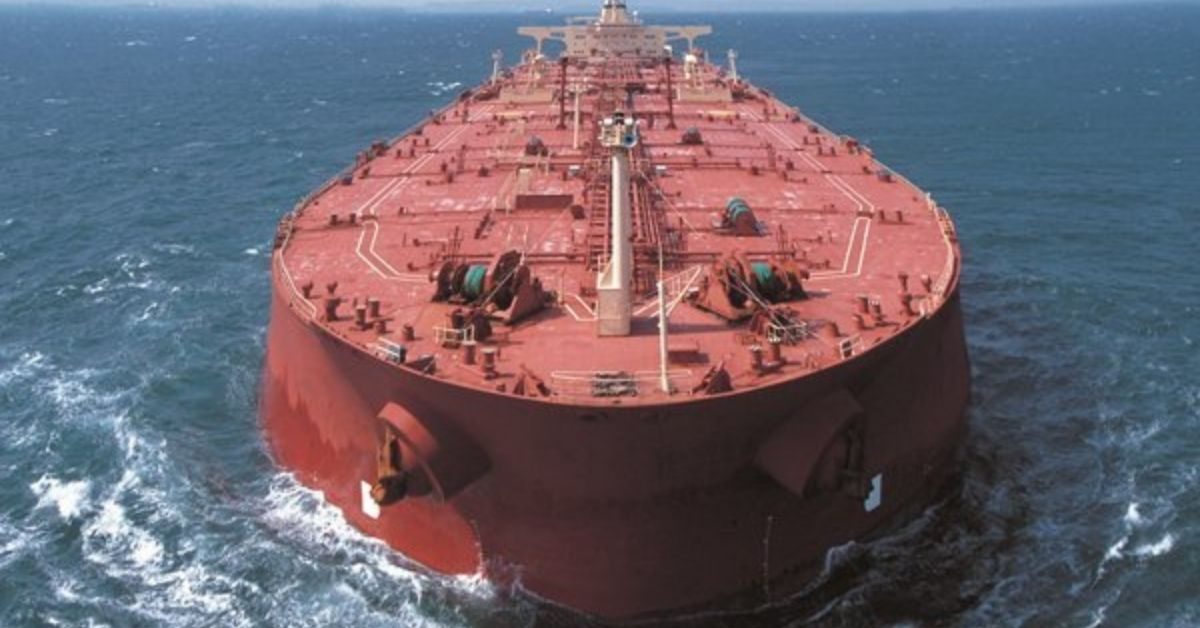Volumes have so far declined by roughly 80% month-on-month to 33,400-58,000 barrels per day (bpd), Kpler, LSEG and Vortexa shiptracking data showed.
Persistently high freight costs would be likely to prompt sellers of India-origin cargoes to look to Asia for buyers soon, which would tighten supplies into Europe even further ahead of refinery maintenance season, traders and analysts say.
Freight rates on the Asia-Europe route have gained more than 30% in the past week to factor in the war risk premium.
“Disruptions in the Red Sea coincide with the start of global refining maintenance season, with U.S. outages projected to peak in February and European overhauls around March,” analysts at shipbrokers Gibson wrote.
Europe’s largest oil refinery – Shell’s Pernis plant in the Netherlands – has begun maintenance that will take half its 400,000 bpd capacity offline until mid-April. ExxonMobil is also shutting its 191,000 bpd Rotterdam refinery for maintenance from mid-February to late April.
Analysts at Sparta Commodities said that high freight rates were hindering the opening of an arbitrage from the U.S. Gulf Coast to Europe, an important route for supplying Europe after Asia Pacific and the Middle East.
“The gains witnessed in ICE GO (gasoil) cracks and spreads show resilience and are poised to continue their rise, at least in the short term,” Sparta said.
Cargoes loading from India typically sail to Europe via the Bab-el-Mandeb strait, a route that has become fraught since Houthi attacks on Red Sea ships, driving up freight costs and rendering the arbitrage effectively shut since the first-half of January, said a regional trader dealing with India-origin cargoes.







